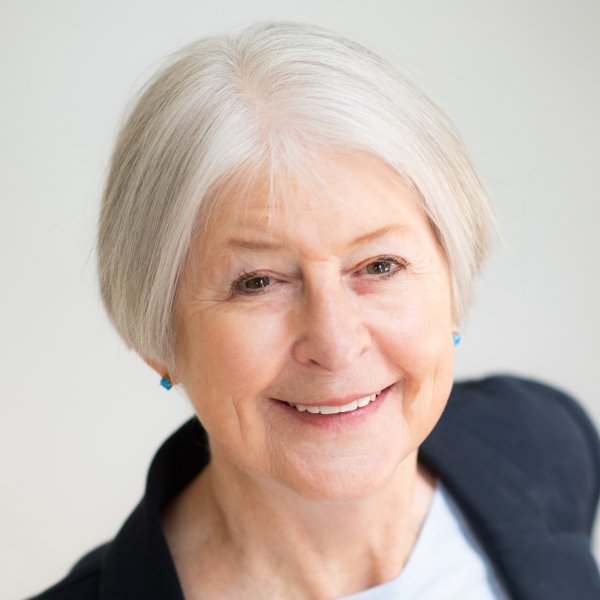Prof. Jennings is a Professor of Education at the Curry School of Education at the University of Virginia. She is an internationally recognized leader in the fields of social and emotional learning and mindfulness in education with a specific emphasis on teacher stress and how it impacts the social and emotional context of the classroom. …
Search results for:
neuroscience
Sona Dimidjian
Sona Dimidjian, PhD is Director of the Renée Crown Wellness Institute and Professor in the Department of Psychology and Neuroscience at the University of Colorado Boulder. Her current research projects focus on preventing depression and supporting wellness among new and expectant mothers, promoting healthy body image and leadership among young women, and enhancing mindfulness and …
Amishi Jha
Amishi Jha is a Professor of Psychology at the University of Miami, and Director of Contemplative Neuroscience for the Mindfulness Research and Practice Initiative, prior to which she was an Assistant Professor at the Center for Cognitive Neuroscience at the University of Pennsylvania. She received her PhD from the University of California–Davis, and received her …
Elizaveta Solomonova
Elizaveta Solomonova is an interdisciplinary scientist of the mind, working at the intersection of cognitive neuroscience, philosophy and the arts. Her main research interest is the neurophenomenology of conscious experiences across sleep, wake and contemplative states. She is currently finishing an interdisciplinary PhD at the University of Montreal, and starting a postdoctoral fellowship at McGill …
Ecologies of Mind in Health and Illness: A Perspective from Cultural Psychiatry
Mental afflictions challenge people everywhere in the world and every tradition has methods for alleviating mental suffering. Cultural psychiatry explores the impact of diverse social histories, cultures, and contexts on mental health and illness. A growing literature demonstrates the role of culture in shaping illness onset, experience, coping, healing, and recovery. Recent work in cognitive …
Continue reading “Ecologies of Mind in Health and Illness: A Perspective from Cultural Psychiatry”
You Are Always on My Mind
During the last decade, much of social neuroscience has gone anti-solipsistic. That is, research is discovering how we, with our minds and bodies, are deeply connected to others, and that this may be seen in patterns of brain activity and other physiological signals. Be that in terms of action representations, markers of empathy, signs of …
Andreas Roepstorff
Andreas Roepstorff, Ph.D. is Professor, Center of Functionally Integrative Neuroscience and Department of Social Anthropology, Aarhus University / Aarhus University Hospital, Denmark. As an anthropologist in neuroscience, Andreas tries to maintain a dual perspective. He studies the workings of the brain, particularly at the levels of consciousness, cognition and communication. He is equally interested in …
Laurence J. Kirmayer
Laurence J. Kirmayer, MD, FRCPC, FCAHS, FRSC is James McGill Professor and Director, Division of Social and Transcultural Psychiatry, Department of Psychiatry, McGill University. He is Editor-in-Chief of Transcultural Psychiatry, and Director of the Culture & Mental Health Research Unit at the Institute of Community and Family Psychiatry, Jewish General Hospital in Montreal, where he …
Catherine Kerr
Catherine Kerr, PhD was director of translational neuroscience at the Contemplative Studies Initiative at Brown University. Her neuroscience research focused on neural dynamics underlying embodied attention and the sense of touch. Her team was the first to publish results showing how embodied attention changes cortical rhythms in the “touch cortex” (primary somatosensory cortex) and how …
Cognitive Ecology: Implications for Contemplative Science
In this lecture, I argue that the embodied sociocultural setting of contemplative practices should not be thought of as the outer context for contemplative mental processes conceived of as being in the head. Rather, context is constitutive: the embodied sociocultural setting isn’t outside of the primary cognitive phenomena; it’s part of them. Contemplative neuroscience is …
Continue reading “Cognitive Ecology: Implications for Contemplative Science”








